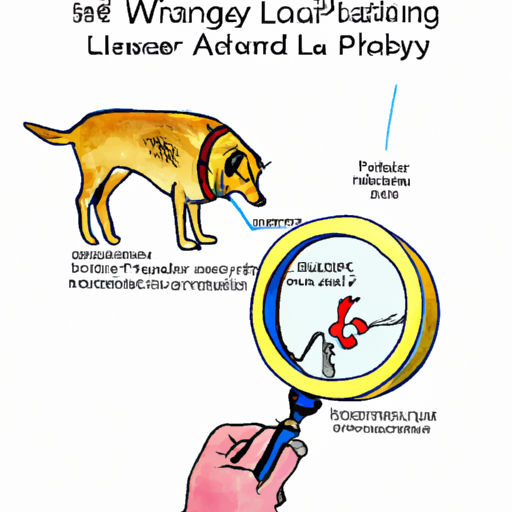Understanding Luxating Patella
Luxating Patella, or Patellar Luxation, is a common health issue in dogs, particularly small breeds. The patella, or kneecap, usually sits in a groove in the thigh bone, helping the leg extend smoothly. In a dog with Luxating Patella, this kneecap pops out of place, causing discomfort and mobility issues.
Causes and Symptoms of Luxating Patella
A dog can be born with a Luxating Patella, or it may develop over time due to injury or wear and tear. Some contributing factors include:
- Genetics
- Obesity
- High-impact exercises
When the patella luxates, your dog might show symptoms like:
- Limping or hopping
- Visible discomfort when walking
- Reluctance to exercise
Diagnosis and Treatment
A vet can diagnose Luxating Patella through a physical examination, and in some cases, an X-ray or ultrasound may be needed. Treatment options include:
- Non-surgical treatments such as physical therapy and weight management
- Surgical treatments to realign the kneecap
| Treatment | Applicability |
|---|---|
| Non-surgical | Mild cases |
| Surgical | Severe cases |
Living With Luxating Patella
Your dog can live a happy, active life even with a Luxating Patella. It’s all about managing the condition. You can:
- Keep your dog’s weight under control
- Provide low-impact exercise options
- Regularly consult with your vet
Prevention of Luxating Patella
While you can’t entirely prevent Luxating Patella, especially if it’s genetic, you can take steps to minimize the risk:
- Keep your dog at a healthy weight
- Avoid high-impact exercises
- Regular vet check-ups
Frequently Asked Questions
Q: Is Luxating Patella life-threatening?
A: No, but it can cause discomfort and mobility issues.
Q: Can Luxating Patella be cured?
A: While it can be managed, there’s no absolute cure.
Q: Is surgery always necessary?
A: No, surgery is recommended for severe cases only.
Q: Can my dog still exercise with Luxating Patella?
A: Yes, but opt for low-impact exercises.
Q: How can I help my dog with Luxating Patella?
A: Regular vet check-ups, weight management, and appropriate exercise can greatly help.
Remember, as a caregiver, your role is crucial in your dog’s well-being. Understanding and managing Luxating Patella can go a long way in ensuring your furry friend lives a happy and active life despite the condition.



